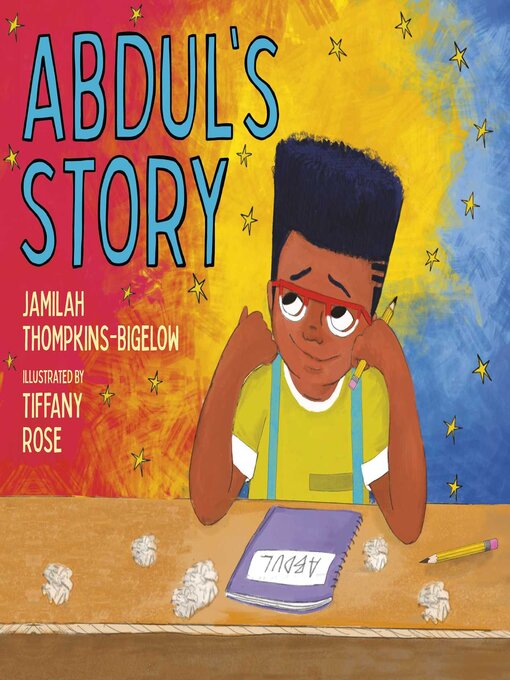- Women’s History
- St. Patrick's Day
- It's Not Easy Being Green: Books with Green Covers
- National Craft Month
- March Madness: Basketball
- Onyx Storm Read- Alikes
- Buried in the Garden: Garden, Farm, Flower Cozies
- New eBook additions
- Best Books of 2024
- In Memoriam 2024
- Healthy Eating Cookbooks
- Coping With Stress & Anxiety
- Horror & Dark Fiction by BIPOC Authors
- See all ebooks collections
- Women’s History
- St. Patrick's Day
- It's Not Easy Being Green: Books with Green Covers
- March Madness: Basketball
- Buried in the Garden: Garden, Farm, Flower Cozies
- New audiobook additions
- Onyx Storm Read- Alikes
- Best Books of 2024
- In Memoriam 2024
- Coping With Stress & Anxiety
- Horror & Dark Fiction by BIPOC Authors
- Nonfiction that Reads like Fiction
- Mental Health Awareness
- See all audiobooks collections
- #ownvoices / Diverse Books
- Antiracism Resources
- Sheet Music & Song Books
- Bücher auf Deutsch / Books in German
- Civil Service Test Prep
- The Great Courses
- QuickReads Collection
- See all featured collections collections




